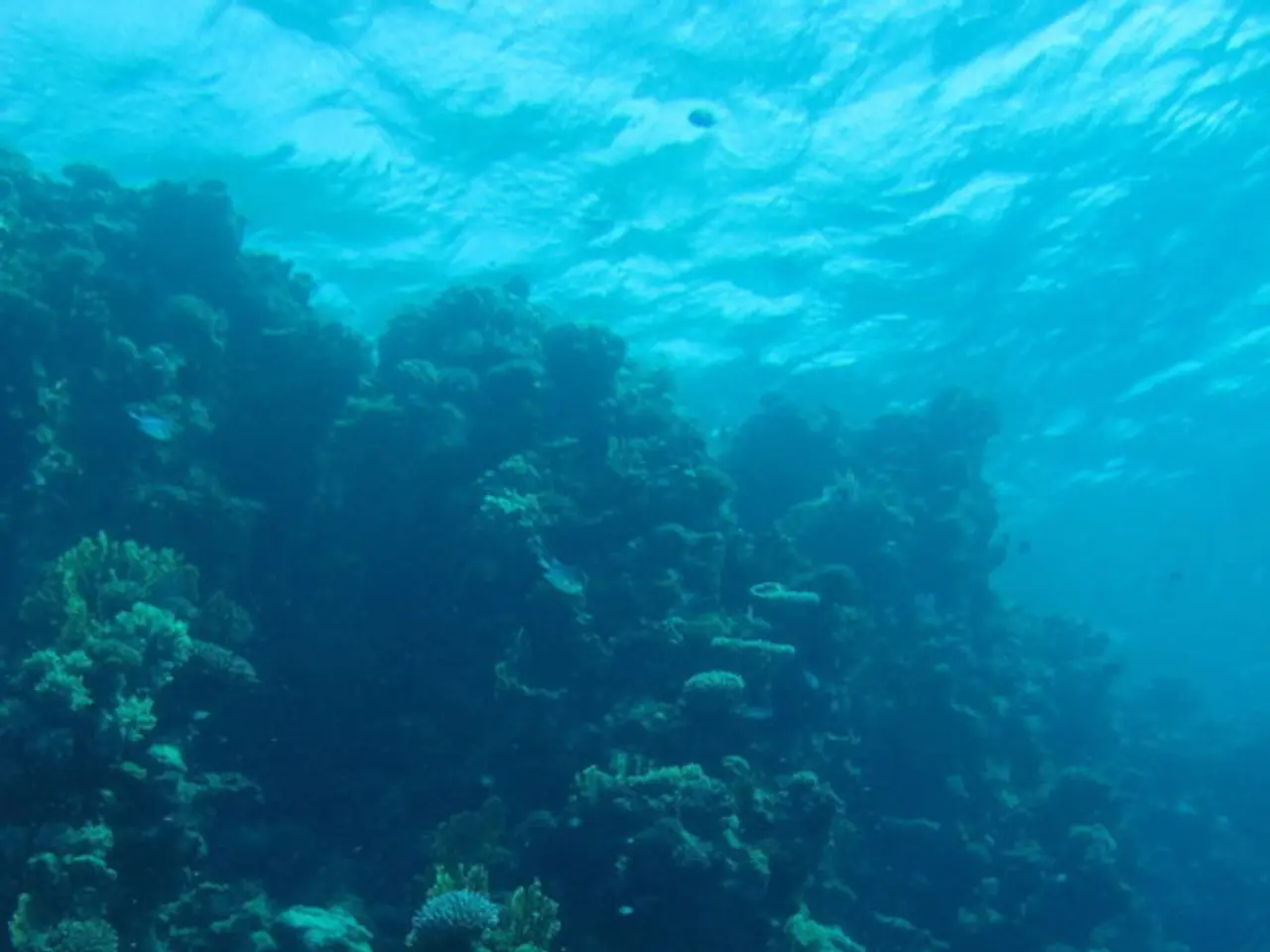Scripps Postdoctoral Research Opportunity
Scripps Postdoctoral Program Offers Opportunities in Ocean and Environmental Sciences
The Scripps Institution of Oceanography (SIO), a part of the University of California, San Diego (UCSD), is seeking talented and driven individuals for its annual competitive postdoctoral program. This program offers funding for a broad range of research projects in the areas of Oceans & Atmosphere, Marine Biology, and Earth Science.
Application Requirements
Candidates must hold a recent doctoral degree relevant to the environmental or ocean sciences, typically within about three years before applying. Applications require a curriculum vitae (CV), a brief expression of interest or research statement tailored to the position, and external reference letters from advisors, mentors, or other academic professionals familiar with the candidate’s research capabilities and character.
Application Process
Interested applicants should identify a faculty member or a research group whose work aligns with their own research interests. Applications are submitted directly to the faculty contacts or through the job/postdoc listings, some of which indicate open calls until filled, while others have fixed deadlines. After submission of the CV, research statement, and recommendation letters, candidates may be contacted for interviews or further evaluation. Positions often remain open until filled, with review processes starting on specified dates.
Research Topics
The program covers diverse topics in oceanography and environmental sciences. Examples include oxygen dynamics in the northeast Pacific, ocean biophysical interactions, microbiomes and ‘omics approaches, ocean biogeochemical cycles, phytoplankton community composition, and more. Research often combines molecular biology, biogeochemistry, climate studies, and ecosystem modeling.
Faculty Profiles
SIO faculty involved in postdoctoral training include experts like Professor Ralph Keeling, Dr. Bowman, Dr. Pasulka, and others with specializations in biogeochemistry, ocean biology, and environmental sciences. Details of faculty research interests can be found through SIO’s webpage or by contacting the listed faculty directly.
Mentors and External Reference Letters
SIO mentors are expected to provide a letter addressing their willingness to serve as a mentor and an assessment of the candidate's training, former work, and suitability for the proposed postdoctoral project. External referees should evaluate the adequacy of the candidate's training, previous accomplishments, and potential for conducting innovative research. Letters must come from academic mentors or professionals who can attest to the applicant’s research skills, academic achievements, and suitability for the postdoctoral position. These letters are usually submitted confidentially and accompany the application documents.
UCSD is an Equal Opportunity Employer, and the SIO is committed to excellence through diversity. Both institutions strive to ensure that every qualified applicant receives consideration for employment without regard to race, color, religion, sex, national origin, age, disability, or protected veteran status.
In summary, the Scripps Postdoctoral program demands a doctoral degree in a relevant field, a targeted application including a CV, research statement, and external recommendation letters, and alignment with ongoing faculty research in ocean and environmental sciences. Positions are often listed openly with contact details for faculty and flexible deadlines, allowing for direct engagement with research supervisors. For more information, visit the Research Topics page or the Faculty Profiles page on the Scripps Institution of Oceanography’s website.
Candidates applying for the Scripps Postdoctoral Program must hold a recent doctoral degree in environmental or ocean sciences, and their research interests should align with ongoing faculty research in ocean and environmental sciences. The program offers opportunities in various topics such as oxygen dynamics, ocean biophysical interactions, microbiomes, phytoplankton community composition, and more, with a combination of molecular biology, biogeochemistry, climate studies, and ecosystem modeling.




